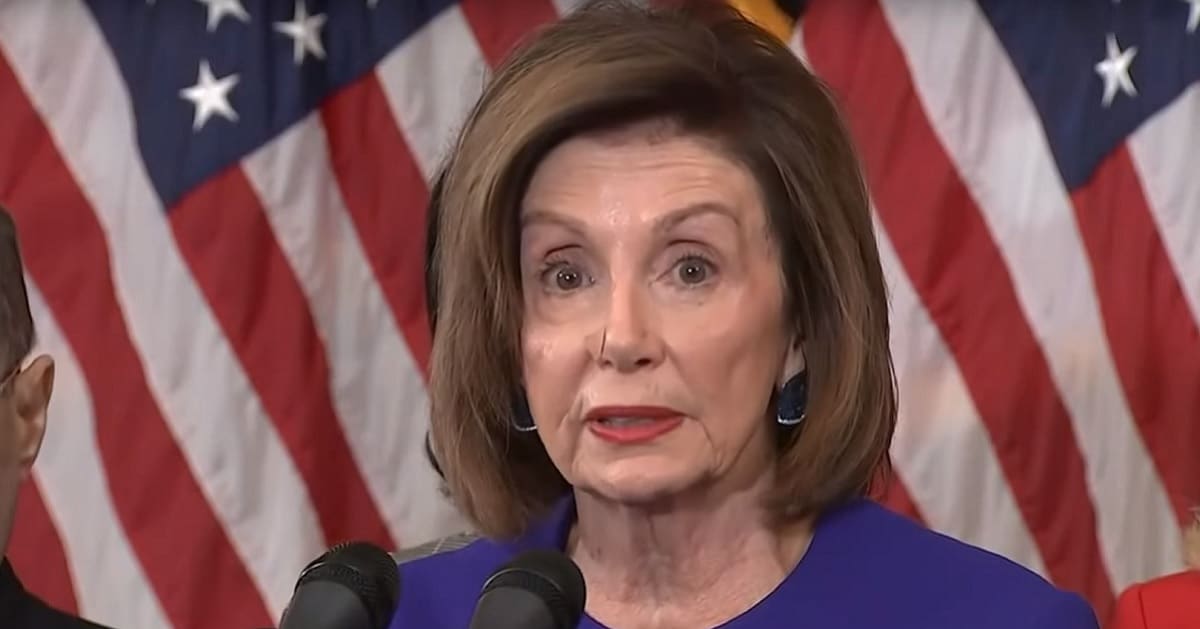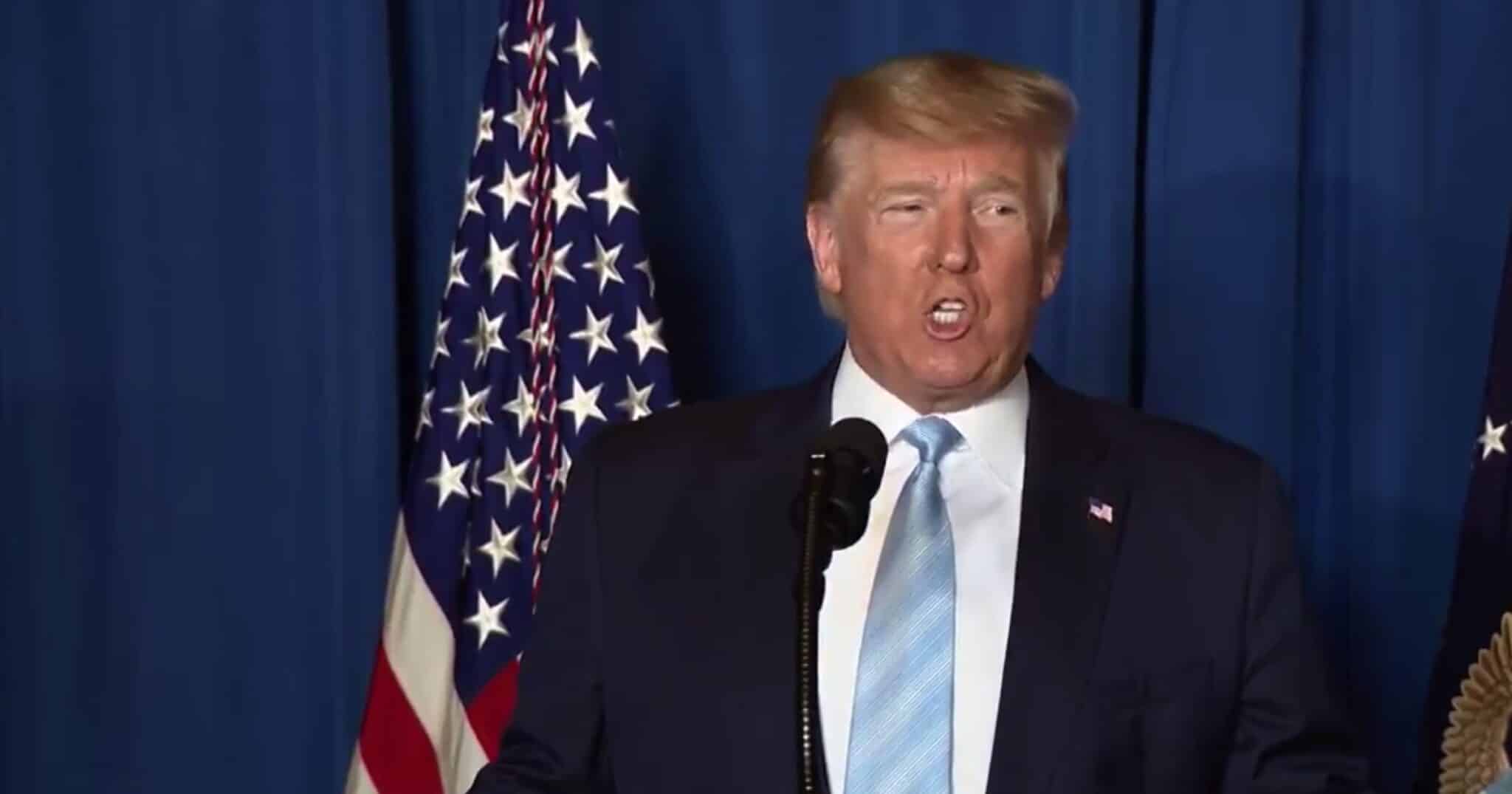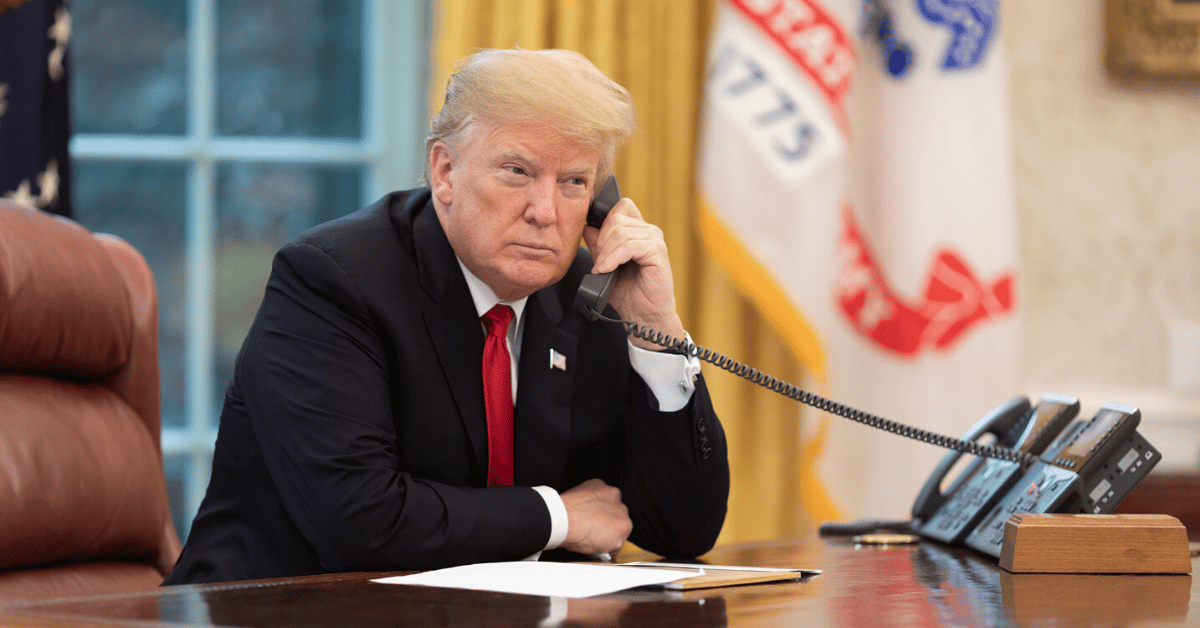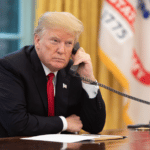




Kamala Harris's interview on Fox News’s Special Report with Bret Baier took an unexpected turn when her staff intervened to abruptly end the segment, leading to public controversy over the event’s handling.
Breitbart reported that the Vice President’s interview, which was anticipated to last 25-30 minutes, was interrupted when multiple staffers desperately waved their arms in order to get the disastrous interview wrapped up.
The interview, conducted by Bret Baier, was initially set to start at 5 P.M. but began 15 minutes later due to Harris’s late arrival.
The original timeframe for the interview was reduced from the expected 30 minutes to a mere 20 minutes before Harris entered the studio. Baier later revealed that his prepared questions were left unasked because of the chaotic ending.
The interview was going smoothly until, nearing the end, Baier noticed four Harris staffers waving their arms to signal that it was time to conclude the discussion.
“You know, I’m talking like four people waving their hands like, ‘it’s gotta stop!’” Baier later remarked during a post-interview analysis on Fox News. He added, “Madam Vice President, they’re giving me a hard wrap,” directly addressing Harris about the visual cues from her team.
The Fox News anchor was visibly surprised by the abrupt signals and continued to mention on air that there were many questions left unasked. The rushed nature of the interview, combined with Harris’s delayed start, reduced the available time for a full conversation.
Baier later reflected on the entire exchange, noting that the interview could have been more productive had there been more time and fewer interruptions from Harris’s staff. He commented that Harris “maybe should do more of these” interviews to better engage in discussions that some may see as contentious or challenging. Baier’s remarks indicated a desire for more transparent, unscripted conversations.
The Vice President’s team, however, portrayed the event differently. David Plouffe, a senior adviser to Harris’s campaign, described the interview as an “ambush” on Twitter shortly after it concluded. His characterization hinted at a belief that Baier’s questions were overly critical, though the specifics of his critique were not detailed.
A significant factor in the interview's tension was the delayed start. Originally scheduled for a 5 P.M. start time, Harris did not arrive until 5:15, leaving less time for what was already a shortened interview.
The expected 25 to 30-minute conversation had already been cut down to 20 minutes before the start, as Baier explained during the post-interview broadcast. “We were supposed to start at 5 P.M. and we — this was the time they gave us,” Baier said, mentioning that the time allotment continued to shrink throughout the day.
As a result of these delays, Baier found himself in a situation where many of his planned questions remained unasked, leading to the perception of a rushed and unfinished interview.
Harris’s team faced criticism for their handling of the interview, particularly their overt attempts to wrap up the session.
Baier likened the behavior of Harris’s staff to “icing the kicker,” a football strategy used to throw off an opponent’s timing. The comparison emphasized how the team’s actions might have disrupted the natural flow of the interview.
While Baier acknowledged the need to manage time constraints in live broadcasts, the visible and public intervention of Harris’s staff created a sense of disorder in the final moments of the interview.
In the immediate aftermath of the interview, public reactions were mixed. Some criticized Harris’s team for cutting the interview short, while others defended the Vice President, citing the tight schedule and framing the interview as overly aggressive.
Plouffe’s tweet, characterizing the interview as an “ambush,” reflected the latter perspective, though Baier and Fox News maintained that the interview had been fair.
As the controversy unfolded, it sparked conversations about the role of political figures appearing on networks that are known to hold opposing views. Baier’s comments suggested a hope for more interviews of this kind, hinting that public officials should engage with critical media more frequently to provide better transparency.
Ultimately, the event raises questions about how politicians manage their interactions with critical media platforms, leaving room for future debates on transparency and public engagement.



